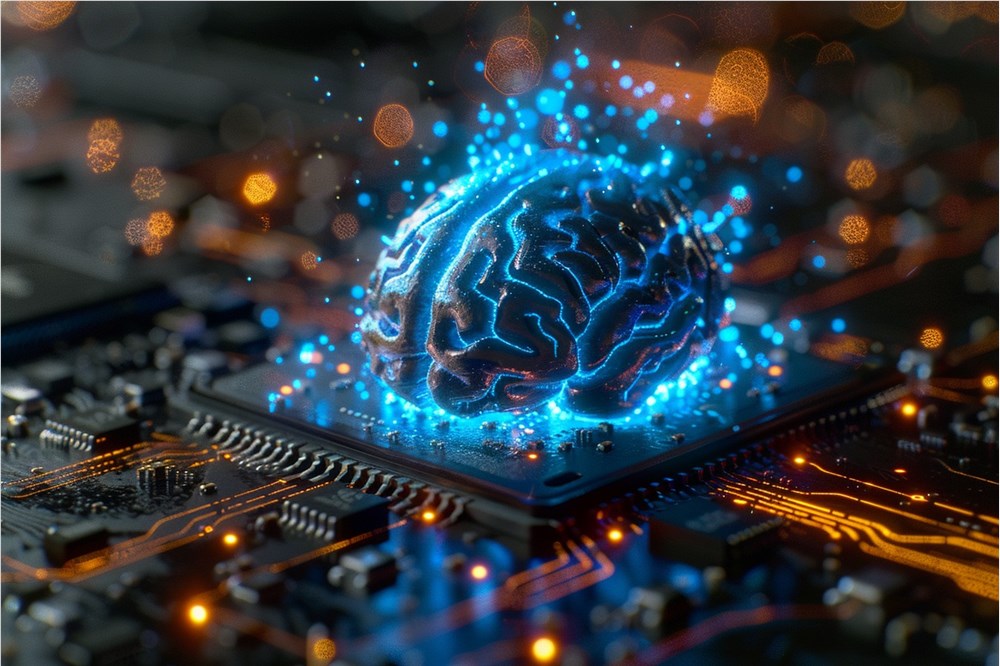Recently, at the annual business event "Year-End Gathering of Wind Horse and Cattle" initiated by Fang Lun, the founder of Wantong Real Estate, Zhou Hongyi, the founder of 360 Group, was invited to deliver a keynote speech titled "What Should Enterprises Do in the Era of Large Models?" In his speech, Zhou Hongyi deeply explored how enterprises should respond to and leverage artificial intelligence (AI) for transformation and upgrading against the backdrop of the continuous development of large model technology.

Zhou Hongyi pointed out that the industrial development of large models is evolving in two directions. The first direction relies on powerful computing power, massive data, and parameters to explore the creation of super artificial intelligence (ASI) that can comprehensively surpass human capabilities. This direction represents extreme technological breakthroughs, aiming to create an all-encompassing model that possesses wisdom beyond human intelligence. The second direction is to abandon the obsession with creating an all-encompassing large model and instead apply large models to specific fields, focusing on solving single tasks. This means the models will be smaller, more efficient, require less computing power, and have cost advantages, meeting the needs of practical applications.
Zhou Hongyi further elaborated that the second path, which develops towards scenario-based, application-oriented, specialized, and vertical growth, is an important future direction for large model technology. He vividly compared this direction to transforming large models from "nuclear bombs" into "tea eggs." This transformation not only signifies the simplification of technology but also represents the effective implementation of artificial intelligence in practical applications.
He emphasized that with continuous breakthroughs in global AI technology, the focus of the AI industry has shifted from the technological research and development of large models and infrastructure construction to a more pragmatic application implementation phase. He believes that super artificial intelligence (ASI) remains a competitive field for a few global tech giants, but more innovative opportunities actually exist in the practical application of AI technology. Enterprises should pay more attention to how to translate large model technology into real application scenarios to drive their business transformation and upgrading.









